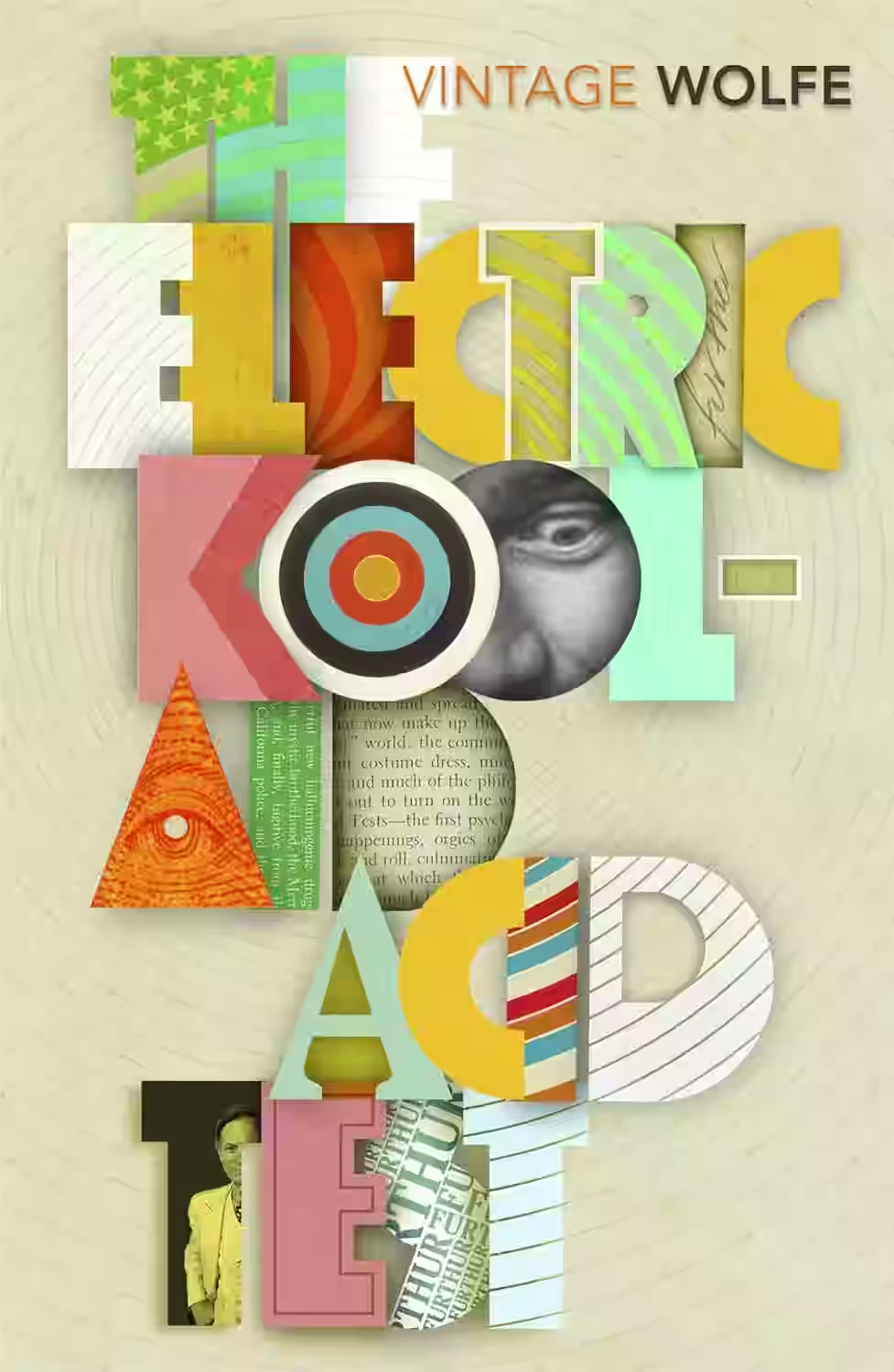
In 'The Electric Kool-Aid Acid Test,' Tom Wolfe takes readers on a wild journey through the psychedelic 1960s counterculture, following author Ken Kesey and his Merry Pranksters as they embark on a cross-country trip on their psychedelic bus 'Furthur.' Wolfe immerses readers in the world of LSD-fueled experiences, artistic experimentation, and the clash between the establishment and the burgeoning hippie movement. Through Wolfe's immersive New Journalism style, the book explores themes of freedom, rebellion, and the search for higher consciousness. 'The Electric Kool-Aid Acid Test' is a seminal work that captures the zeitgeist of its era with vivid prose and unbridled energy.
About Tom Wolfe
Tom Wolfe (1930-2018) was an American author and journalist known for his influential contributions to New Journalism and his satirical portrayals of contemporary American society. Born and raised in Richmond, Virginia, Wolfe initially pursued a career in journalism before transitioning to writing fiction. His innovative blend of non-fiction storytelling techniques with fictional narrative styles revolutionized the literary landscape of the 1960s and 1970s. Wolfe's iconic works include 'The Electric Kool-Aid Acid Test', 'The Right Stuff', and 'Bonfire of the Vanities', which explored themes of counterculture, space exploration, and societal ambition. His vivid prose and sharp wit continue to inspire and captivate readers worldwide.
Other Books by Tom Wolfe
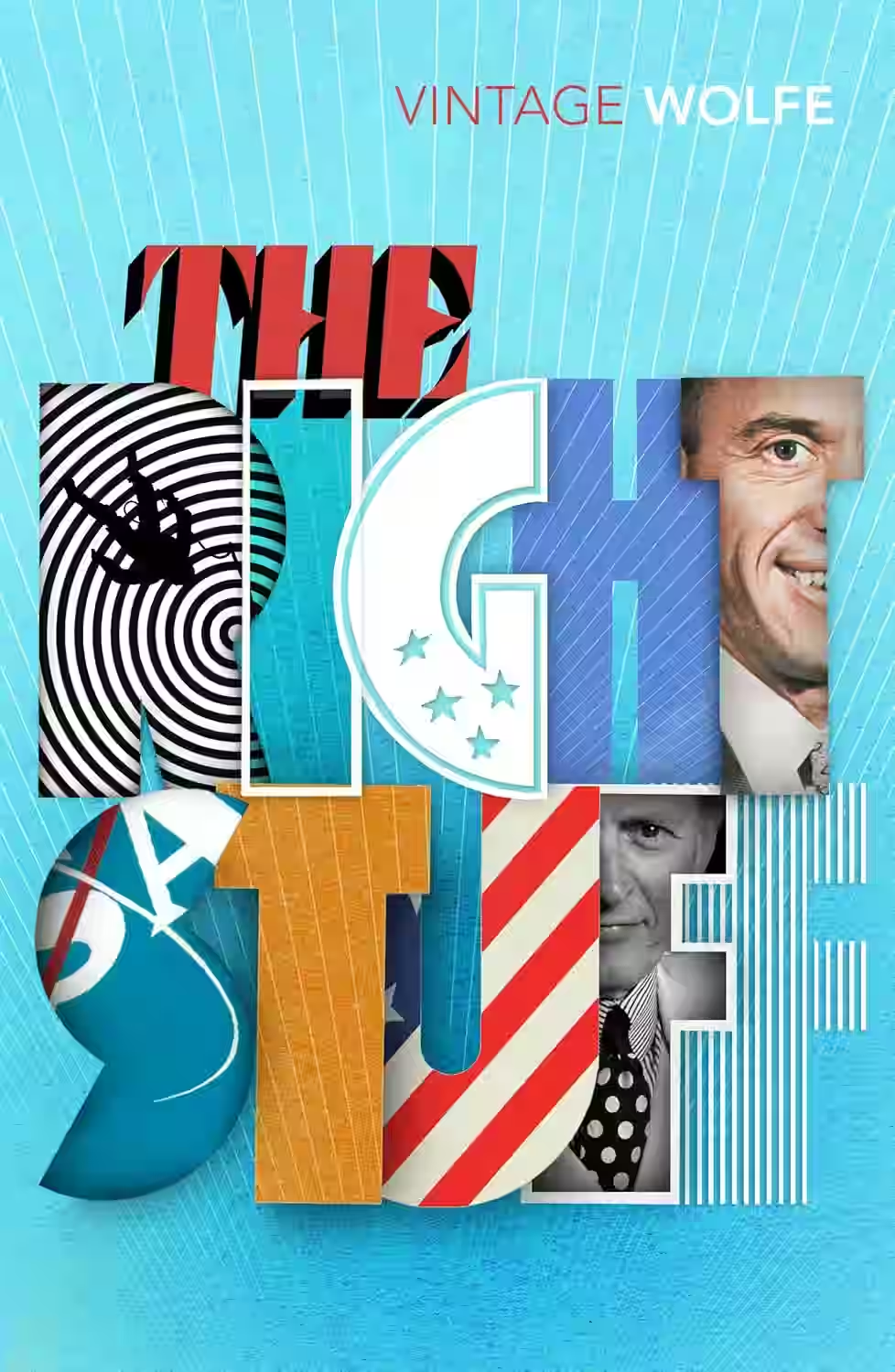
The Right Stuff
by Tom Wolfe
In 'The Right Stuff' by Tom Wolfe, readers are thrust into the exhilarating world of test pilots and astronauts during the early days of the Space Race. The book delves into the psyche of these fearless men, exploring themes of courage, ambition, and the relentless pursuit of greatness amidst life-threatening challenges. Wolfe's narrative paints a vivid picture of the astronauts' bravery and the complex dynamics within the exclusive world of space exploration. With a riveting blend of history and storytelling, 'The Right Stuff' immerses readers in the high-stakes drama of America's quest for the stars, offering a compelling insight into the human spirit and its boundless capacity for extraordinary feats.
Similar Books
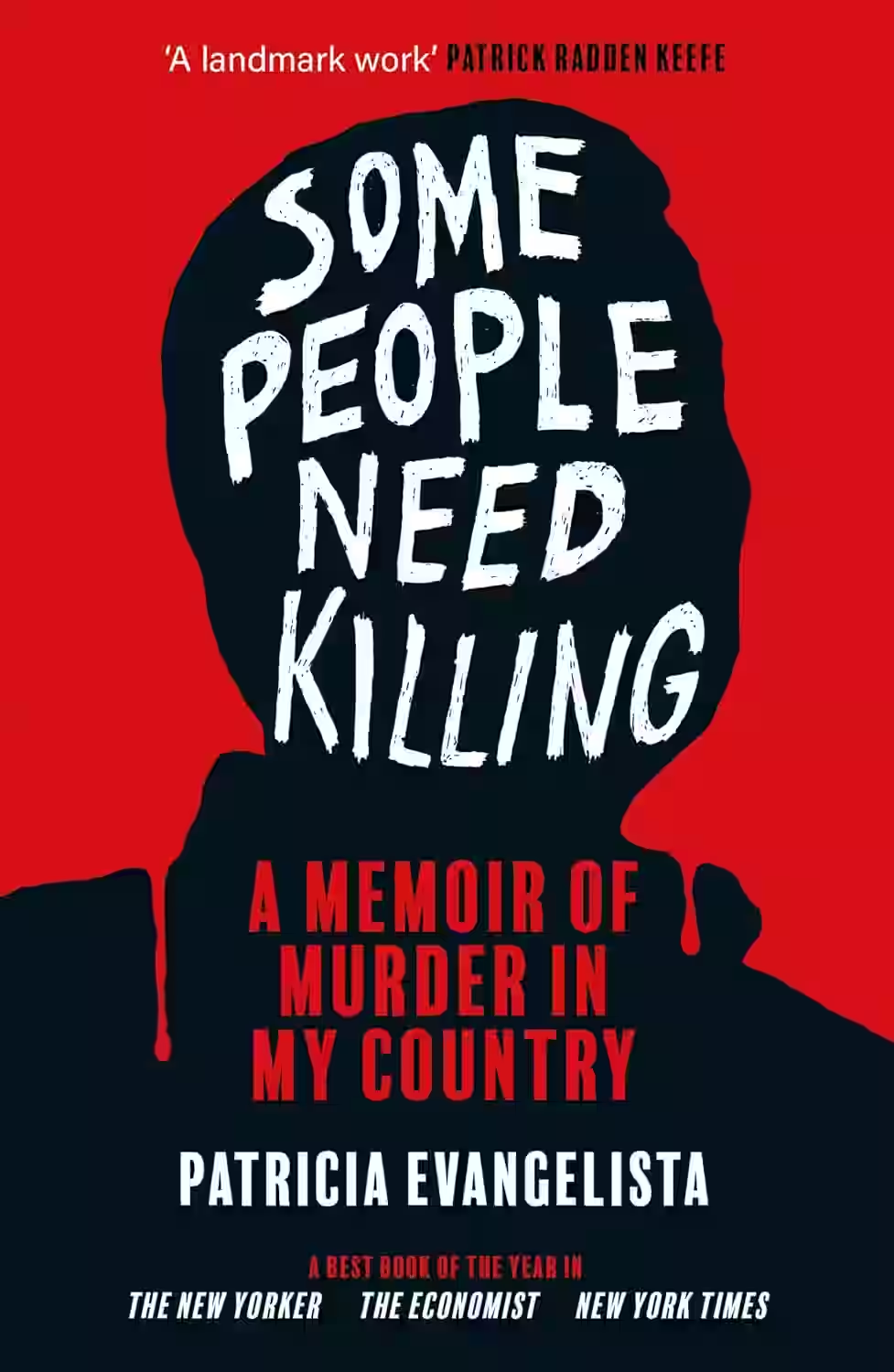
Some People Need Killing
In this harrowing and deeply reported memoir, journalist Patricia Evangelista documents Rodrigo Duterte’s brutal war on drugs in the Philippines. Drawing from years of firsthand reporting, Evangelista chronicles the violence, propaganda, and moral disintegration that defined a nation’s descent into authoritarianism. Through vivid narratives of victims, enforcers, and survivors, the book becomes a powerful indictment of state-sponsored killings and a meditation on fear, complicity, and resistance. Some People Need Killing is both a work of fearless journalism and a profoundly personal reckoning with truth and accountability in the face of terror.
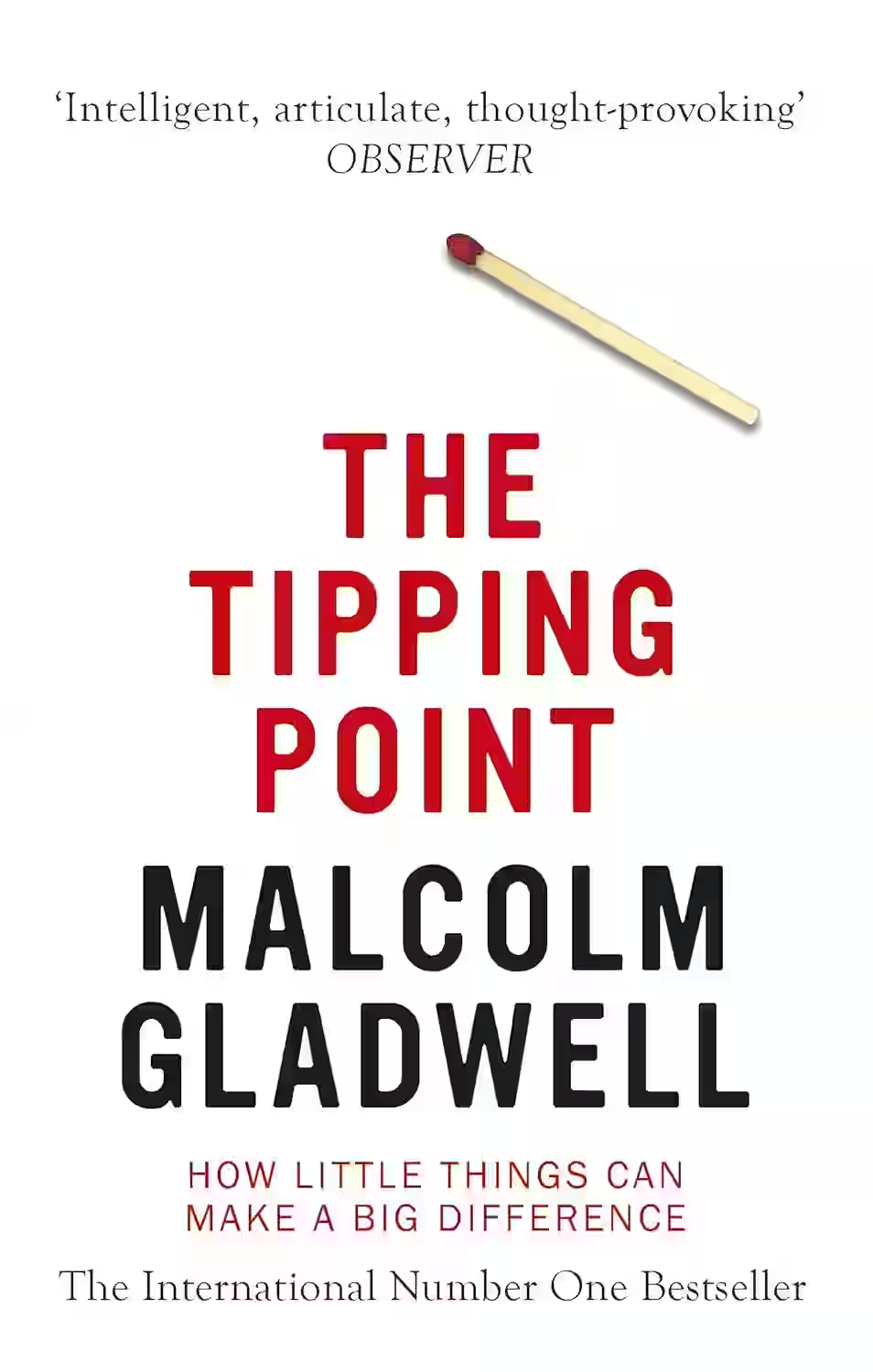
The Tipping Point: How Little Things Can Make a Big Difference
Malcolm Gladwell's 'The Tipping Point' delves into the fascinating concept of how small actions can lead to significant societal changes. Through compelling anecdotes and thorough research, Gladwell explores the tipping point phenomenon, where ideas, trends, and behaviors suddenly reach a critical mass and spread rapidly. He identifies key factors such as the Law of the Few, the Stickiness Factor, and the Power of Context that contribute to these tipping points. By examining real-world examples like the sudden popularity of Hush Puppies shoes, Gladwell offers thought-provoking insights into social epidemics and how individuals can leverage these tipping points for positive change.
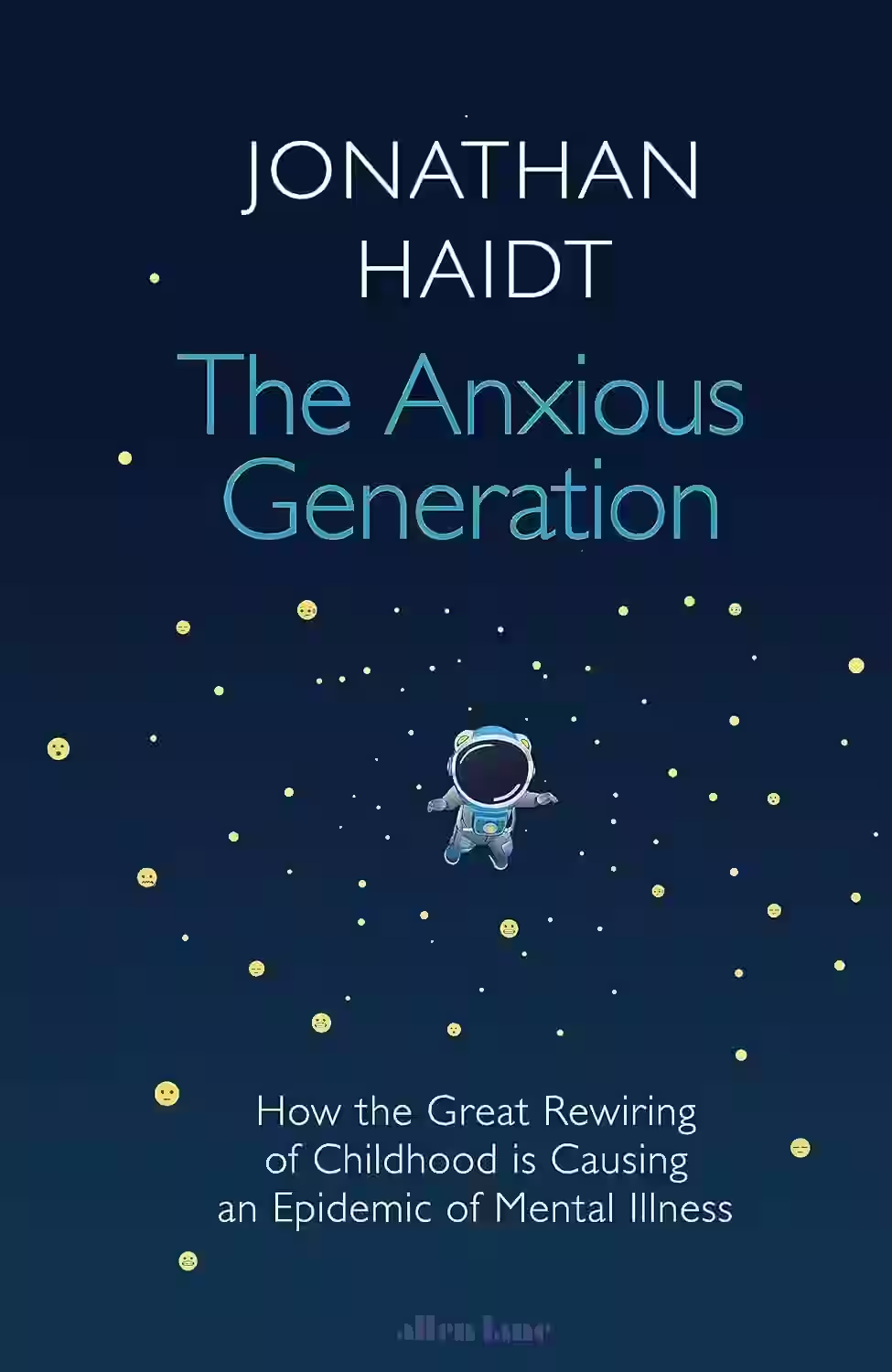
The Anxious Generation
Jonathan Haidt examines the rise in anxiety and depression among adolescents, attributing it to the pervasive use of smartphones and social media. He argues that the digital age has disrupted traditional childhood development, leading to increased mental health issues. Haidt advocates for societal changes, including limiting screen time and encouraging real-world interactions, to foster healthier youth development.
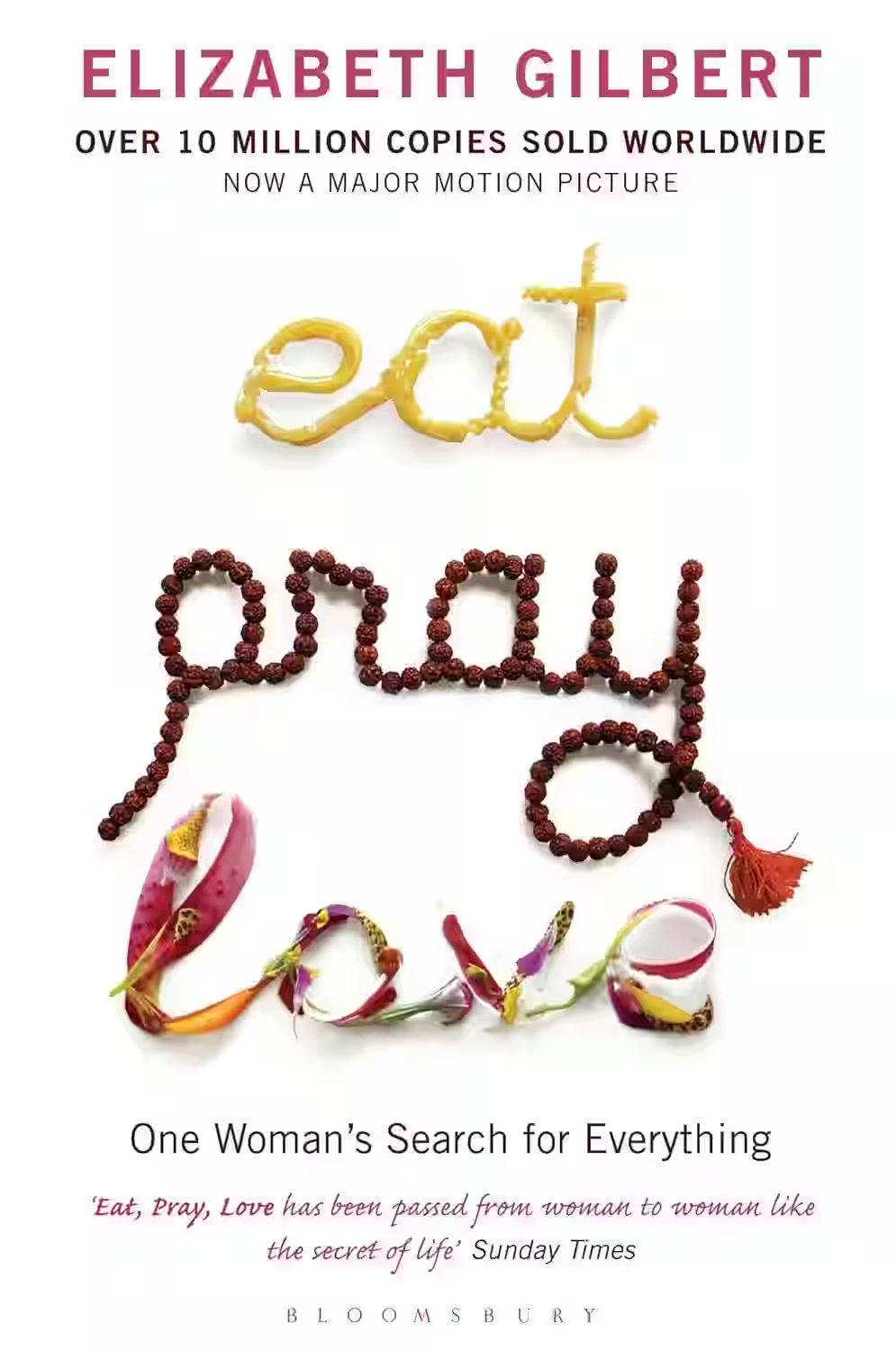
Eat Pray Love
In 'Eat Pray Love', Elizabeth Gilbert takes readers on a transformative journey of self-discovery as she navigates through Italy, India, and Indonesia in search of balance, spirituality, and love. The book beautifully captures Gilbert's struggles with identity, relationships, and her quest for inner peace. The vivid descriptions of food, culture, and personal encounters immerse readers in each destination, making it a delightful and introspective read. Gilbert's honest and vulnerable narrative resonates with many, inspiring readers to reflect on their own lives and embrace change. 'Eat Pray Love' is a poignant reminder that sometimes we must lose ourselves to find our true selves.